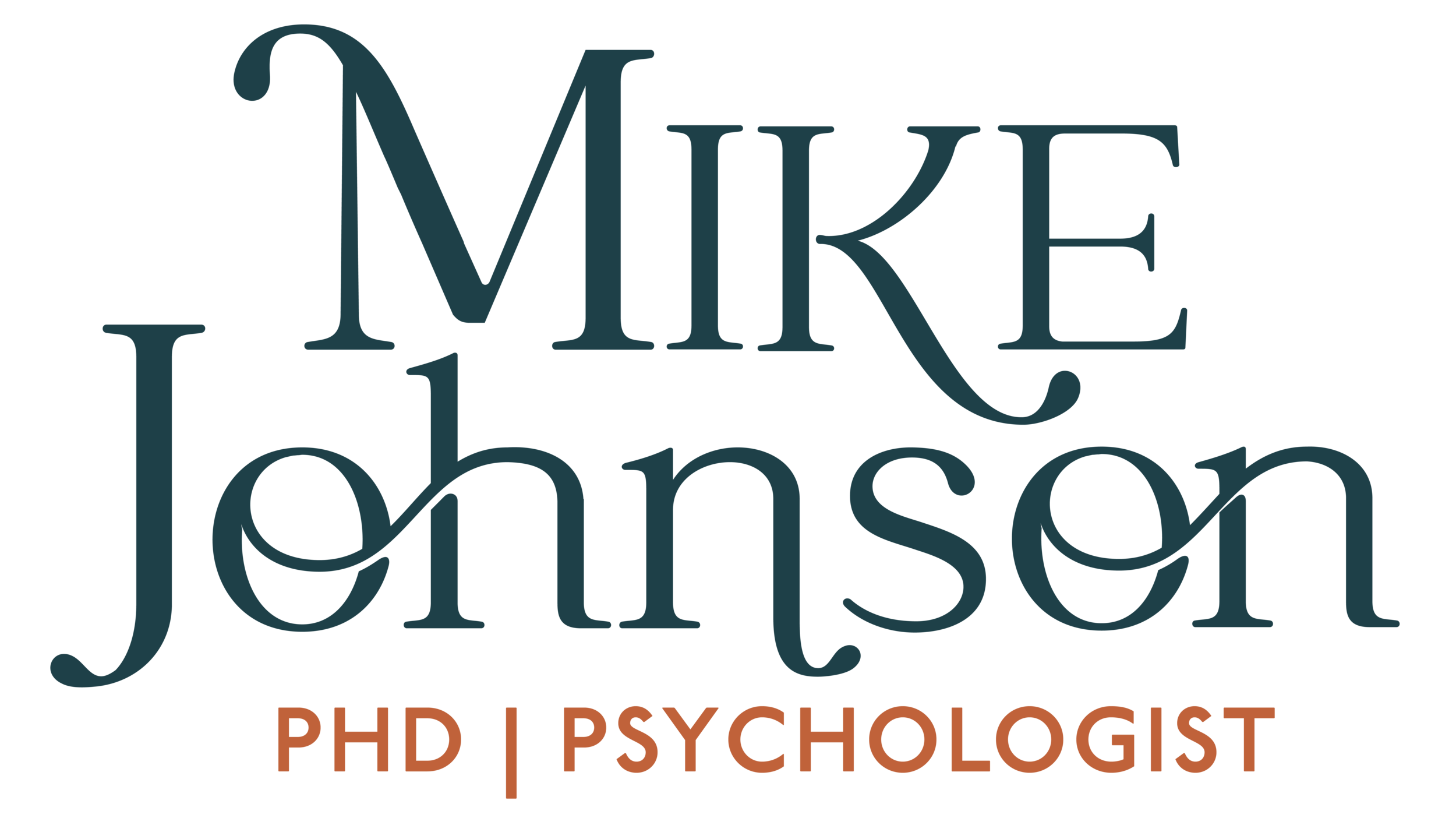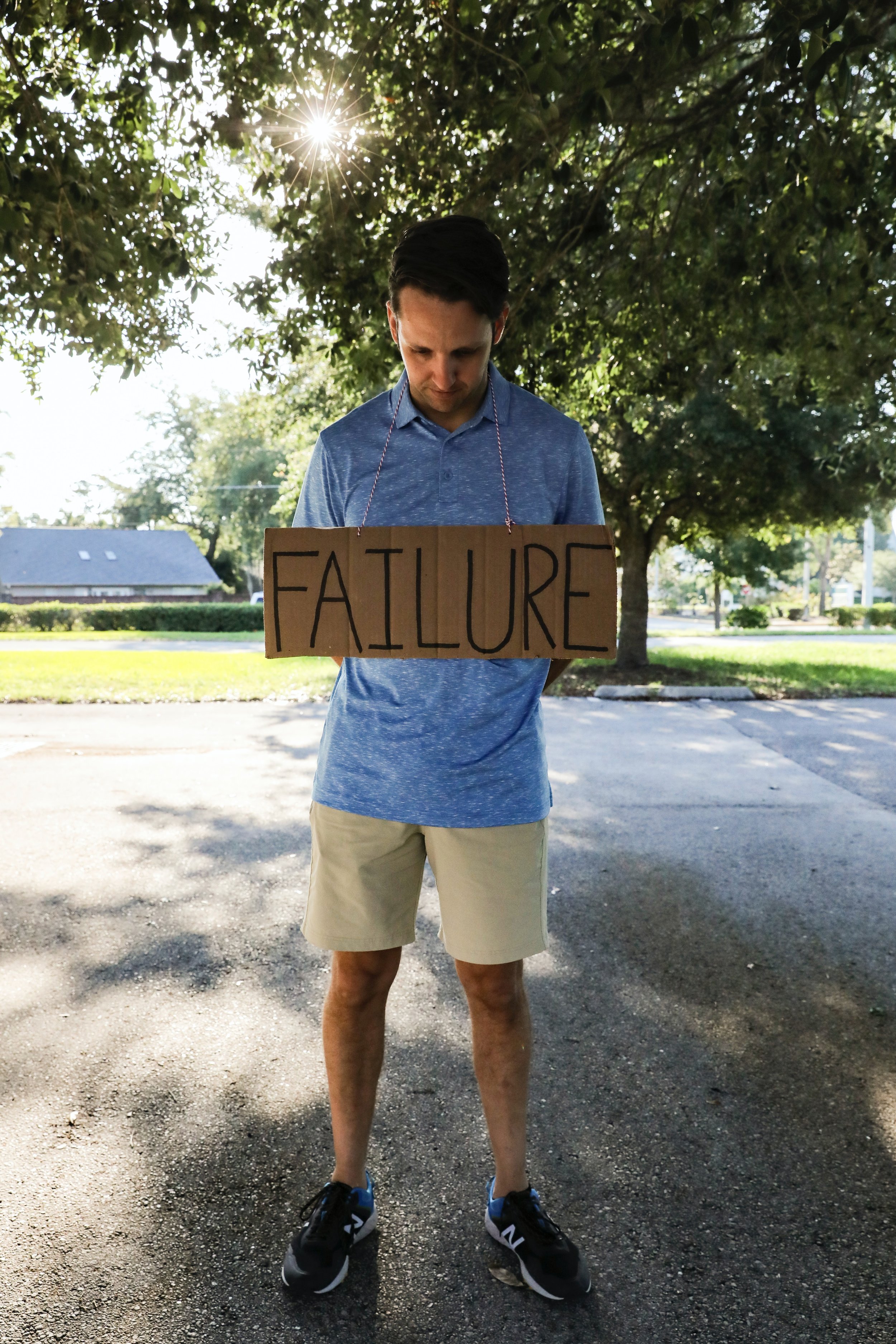13 Ways Self-Criticism Fails Us
Self-criticism does more harm than good.
Self-criticism or the act of shaming, belittling, or otherwise mentally mistreating ourselves is such a prevalent experience that we often fail to see how problematic it truly is. That's because we believe the hype that self-criticism is accomplishing something. But it isn't doing what we think it's doing. In this article, I describe multiple problems with self-criticism and why we should give it up.
"Why did I do that?" "I'm so stupid!" "That was a dumb thing to do!" "What the hell was I thinking?" Do these sound familiar? If so, you're probably like the millions of us who beat ourselves up for big and small things alike. Unfortunately, this mental habit is not a productive nor healthy one to have. Let's take a look at why that's the case.
It "salts the wound"
Whenever we engage in self-criticism after making a mistake or falling short of a goal somehow, we're adding to the unpleasant emotional effect we're already experiencing. You're feeling angry and disappointed because you forgot to pay your credit card bill and now you have a late fee. So, you criticize yourself. And how do you feel? Worse! Not better. Not calmer. Not more forgiving. This is why self-criticism is like pouring salt on the wound.
We're treating ourselves poorly
The very nature of self-criticism is to be mean towards ourselves. We are mentally beating up on ourselves and we think it's justified. We believe that we deserve to treat ourselves this way. Yet, self-criticism does not contribute to any new learning, it doesn’t make recovering from a setback any quicker, and it doesn’t help us in feeling any more safe and secure within ourselves.
It interferes with new learning
Have you ever tried to learn something while criticizing yourself? How about immediately after? It doesn't work then either does it?! What's happening? We're too emotionally dysregulated to focus. We need to be in a relaxed state to learn. Yet, the one learning that does seem to occur is having one more reason to treat ourselves poorly.
It reinforces low self-esteem
There's no self-help book entitled, "Criticize Your Way to Self-Esteem." No one feels esteemed after self-criticism. We're mean to ourselves, it doesn’t feel good, and we never apologize. Criticism prevents us from seeing and experiencing our inherent value by reinforcing the idea that our value is equated to our performance. Negative filtering is when we emphasize only the negative information that reinforces our self-beliefs. Self-criticism focuses us on our perceived shortcomings and imperfections, often in a relentless manner. We then discount or ignore anything we did well or any positive attribute that would offer a more balanced perspective.
It alienates us from ourselves
An important skill to have as part of our emotional development is to be nonjudgmentally present with all of our emotional experiences, but especially the unpleasant kind. Self-criticism not only prevents us from being present, but it also nurtures an aggressive stance towards ourselves, and that makes it difficult for us to experience safety within and acceptance towards ourselves. We find it difficult to feel comfortable in our own skin.
It undermines self-trust
Without the experience of inner safety, it is difficult to trust ourselves let alone others. Frequent criticism erodes our ability to rely on our judgment to make decisions in our own best interest, recover from mistakes, and learn lessons that allow us to grow from our experiences.
It gives the illusion of accountability
When we self-criticize, it can give the appearance of holding ourselves accountable. We follow the belief of "do something bad, you deserve to be punished." But self-criticism does not lead to accountability; only fault-finding. In most cases, we punish ourselves without learning a single lesson we can effectively use.
It's a distortion
Self-criticism distorts what actually happened and how much responsibility and control we have. We believe it because we think we deserve it. Confirmation bias is when we're looking for evidence that supports our beliefs rather than disconfirm them. When criticizing ourselves, we're highly likely to be engaging the confirmation bias.
It causes over-sensitivity to negative feedback
Self-criticism results in us giving more significance to negative feedback from others than is warranted. As a result, we're likely to be defensive and will have difficulty synthesizing that feedback to improve ourselves.
It creates a sense of paranoia
In addition to being over-sensitive to negative feedback, we fear that others will see us the way we see ourselves. So, we work hard to hide our shortcomings or exert significant effort to consistently be who we think others want us to be. Self-criticism reinforces the fear that others will confirm what we believe about ourselves.
It reduces risk-taking
Risk-taking involves stepping outside our comfort zone and into uncertainty. To take risks we need self-trust and accurate self-reflection along with a willingness to tolerate the possibility of unwanted consequences. If we're afraid that we'll make a mistake, fail, or just disappoint ourselves somehow, we may not take the risks necessary for our personal growth or achieve our goals.
It contributes to our stress response
When we engage in self-criticism, it makes recovering from adversity more difficult. Stress hormones and other chemicals are released into our bodies when experiencing adversity. Self-criticism also causes a stress reaction that includes more release of those similar stress hormones. Whatever stress response the adversity created in our body is now being contributed to by our self-criticism. This is not a healthy experience to have because constant stress causes health problems.
It's not the same as self-reflection
Self-criticism is not self-reflection. Self-reflection is observing and evaluating our thought, emotional, and behavioral processes. When we evaluate as part of self-reflecting, we're assessing aspects such as effectiveness and utility in helping us to reach our goals. We're not evaluating our self-worth nor mentally beating ourselves up.
So, the next time you want to be self-critical, think twice. The effects of doing so may be more damaging than you realize.

